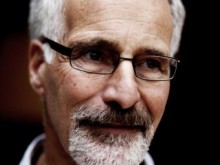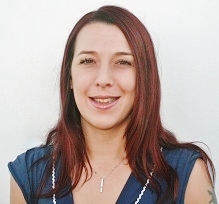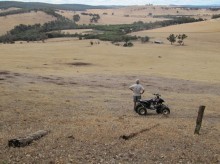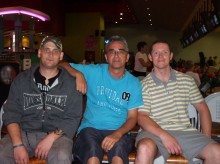 Here’s a fascinating interview with Marc Lewis as part of the ABC Radio Big Ideas series here in Australia. Well worth putting your feet up and listening – or have it running in the background.
Here’s a fascinating interview with Marc Lewis as part of the ABC Radio Big Ideas series here in Australia. Well worth putting your feet up and listening – or have it running in the background.
‘Marc Lewis took every drug imaginable over a 15 year period. He knows drugs can make you feel good, and he experienced the desperate lows of addiction. He’s been drug free for 30 years and is now a neuroscientist.
So what do the drugs he took actually do to your brain? Why do they make you feel the way they do? And – crucially – how is the brain responsible for addiction? He speaks to Paul Barclay.’













